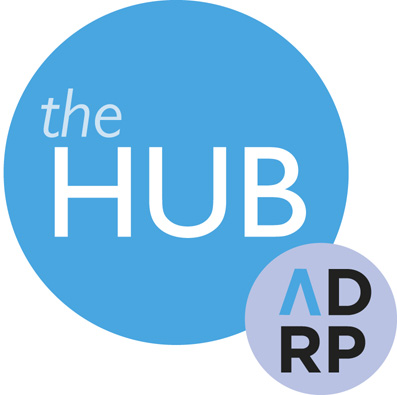 Personal and Timely: Key Challenges and Learnings from La Trobe University's Thank-You Call Campaign Personal and Timely: Key Challenges and Learnings from La Trobe University's Thank-You Call Campaign
Thomas Lopez
Stewardship Coordinator, Alumni and Advancement Office
Office of the Vice-Chancellor
La Trobe University
What could be more emotionally satisfying than receiving a personal thank-you call from a student at the University to which you just donated? What would be better than having that student thank you authentically for helping students in need?
At La Trobe University, a high achieving institution created 50 years ago to cater to first-in-family students and under-represented populations in Melbourne, Australia, we felt the best way to show appreciation to our donors for supporting our scholarship appeal was to call and thank them. Leading up to our largest annual giving appeal, our Donor Relations program was still quite young, and I wanted to raise the bar past the usual “thanking and banking,” to start building a personal connection with donors. But how could our small operation reach out to every individual donor to a campaign that could include hundreds of givers? Based on research and after speaking with other local Universities, I quickly decided that we would thank our donors personally over the phone soon after they made their donation to the campaign.
Challenges
Donors Are Suspicious of Phone Calls
People are hesitant to answer a call from a number they don’t know. Twenty-nine percent of all calls to U.S. mobile phones were estimated to be spam calls in 2018, and I can attest that we have the same problem in Australia. There was also a fear that if we called so soon after they gave, donors would think the call was just an attempt to get a further donation from them.
We found that we were able to contact 95 percent of our donors, although some took a couple of tries. While some donors were initially suspicious of the call, once our student caller identified herself and made it clear that the phone call was purely a thank you, most donors were incredibly positive and very thankful. No donor had a negative response (defined as being unhappy or annoyed with the phone call) and we had no complaints to our department or the University as a whole.
Thank You Calls Are Time Consuming
Each thank you phone call can take anywhere between 30 seconds to five minutes, depending on the donor. While it seems it would be easy to get through a few dozen calls in an hour, it takes much longer due to dialing, recording information and looking up donor information before the next call. It became apparent to me that this was not something I could do while also carrying on my other responsibilities.
Our department decided we would bring in a student to make the thank you calls. This had many benefits. The student’s sole role was to make the phone calls and record the phone call information, and it allowed me to manage the whole process while carrying on my other daily tasks. The student could also speak directly to the experience of studying at the University.
Key Learnings
High-Quality Caller
I spent a lot of time determining which student would be the best for thank you calls. Every student was interviewed and made to conduct two mock thank-you calls to a staff member in a different room. Because of this, we identified a student who was comfortable and excited to make thank you calls. The donors enjoyed speaking with her and often opened up about their own University experiences. In my opinion, the most critical element of a thank-you call campaign is that the callers must be experienced in customer service and fully briefed on the purpose of the appeal.
Timeliness
In this style of thank-you call campaign, our goal was to make the call as soon after a donation as possible, as opposed to a “Thank-a-Thon” that may include calls to all donors at a specific time in the year. We found that if the thank-you call was made shortly after the donation, the donor was very much appreciative and incredibly grateful. If we contacted the donor a week or two after their donation, it often took a bit more for the caller to explain why she was calling. In order to make the calls quickly, we worked closely with our Advancement Services team, who provided lists of new donors to the appeal every morning.
Great Stories
Many donors were incredibly happy to share their reasons for giving and their experiences as students at the University. We found that it was an excellent opportunity to find people who our communications department could follow up with and speak with about possible articles in our alumni newsletter.
Overall, it was an excellent experience for our team and our donors. We are planning to conduct another thank-you call campaign for donors to our next annual appeal, and we are looking forward to speaking to the same donors we thanked this year.
I’d be happy to speak with anyone who is interested in doing their own thank-you call campaign. Drop me an email at [email protected]

Back to the December 2018 Hub
|